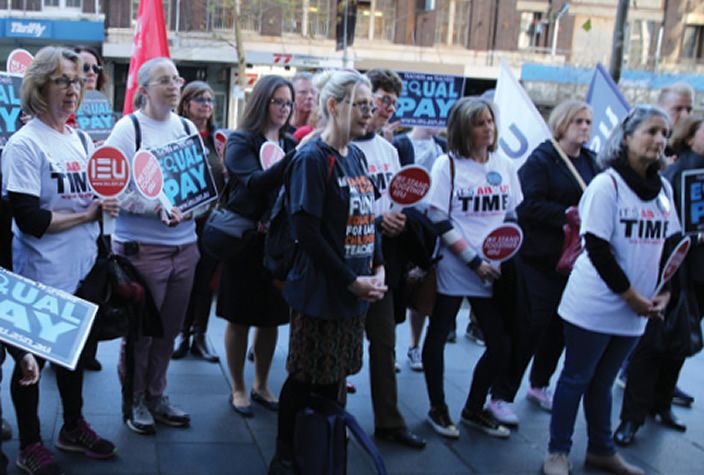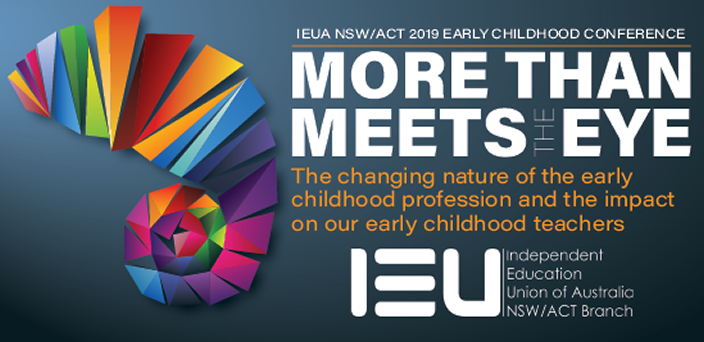
Equal pay case underway
The IEUA’s simultaneous Equal Remuneration Order (ERO) and Work Value cases are now before the Fair Work Commission (FWC).
The ERO case was heard before the Commission this time last year, and at that stage the FWC said that the evidence and their “preliminary perusal” of the material IEUA had lodged indicated the Modern Award minimum rates of pay had not been properly set.
The FWC has the power to vary those rates for ‘work value’ reasons and invited the Union to consider a new additional application. The IEUA widened its submission to demonstrate that the existing Modern Award minimum rates of pay for teachers were not properly determined, bear no relationship to the value of the work performed by teachers in all settings and should be varied.
IEUA is also arguing that early childhood teachers’ pay is too low because it is a female dominated workforce. Outcomes from both cases will be known later this year.







































































































































